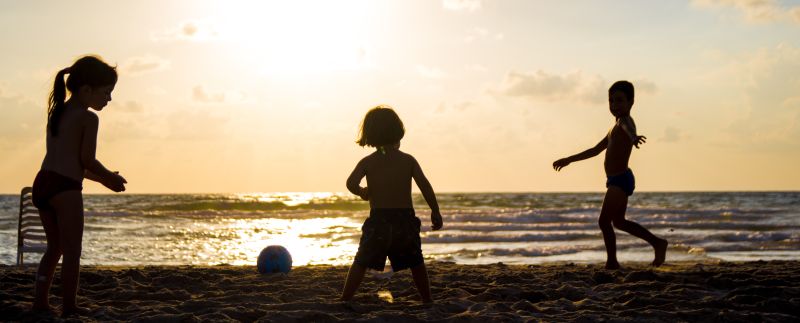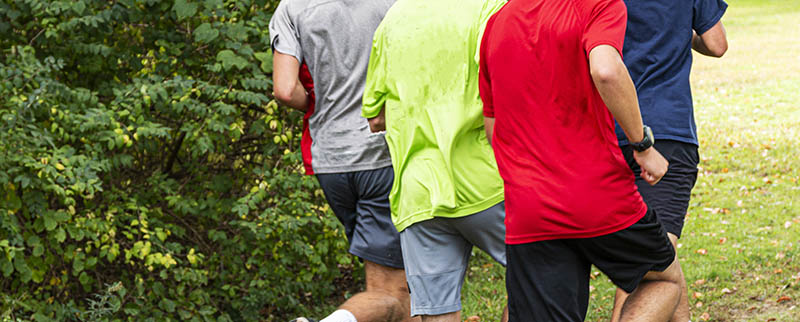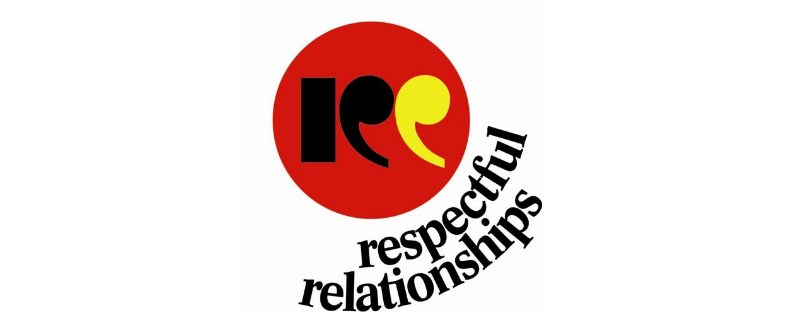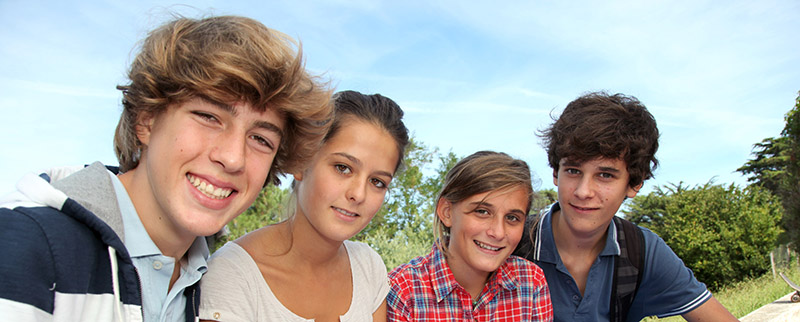I have advocated for consent for over a decade, but if I am going to be honest, I only began to practise consent within the last three years. I am not talking about sexual consent. However, I am going to assume that when I said “consent,” you thought I meant “sexual consent.” If the campaign to normalize sexual consent in the effort to reduce sexualized violence worked, then that is exactly what you thought.
Consent is synonymous with healthy sexuality. Ideally. We’re making strides in the right direction, but I can’t help wonder if this narrowing of how we teach about consent may in fact be reducing it to subpar results. I believe consent is something we can be teaching from the very start. By bringing the language of consent into all areas of our lives, we’ll weave a culture of consent into the very fabric of our community.

I’m going to be more honest with you. Three years ago, I moved into a bus with my three children and husband. We had always lived in a small one-bedroom house, so time together was not uncommon. Now, though, we’re on raw land, and the only indoor space is a 40-foot school bus; the intricacies of relationship and family dynamics have become all too clear. The baby of the family, our nine-year-old at the time, was an expert at getting what he wanted.

The word “no” was just an opportunity for him to add pressure and use every card possible to change that “no” into a “yes.” As his tactics increased, it was easy to become agitated by his desperate pleas. And, why not, I would ask. Please, make him quiet, give him what he wants. At a certain point, though, I began to ask myself:
“If I support my son in getting what he wants at the age of nine, when will I teach him that no means no? If I allow my child to shout, cry, and whine for what he wants when he is young, will I then expect that, when he’s 15, he’ll know better and even see the need to ask?”
The other half of my life is spent with youth. I deliver programs based in the themes of respect, empathy, and connection. This is how I believe we build a future free of violence and abuse. Consent is an obvious and integral part of my work. I have to be willing to ask what others want, without bias, and be willing in return to be clear about what I want as well. Too often, I see that the first time youth are hearing about consent, it’s in the framework of sexual consent. I believe this is far too late.
I’m going to try to demonstrate this by using the analogy of toilet training. Most people who have toilet trained a two- or three-year-old may agree that it can be very difficult. It occurs right as the child is developing a sense of independence and opinion. Why would they use a potty? They already have a system that works just fine. I was fortunate enough to read Ingrid Bauer’s book on the diaper-free method. In essence, teach a child before they hold any biases. Right from the start, set the expectation. I can attest. It works. I did not toilet train my kids. We set the goal, and they figured out how. They did not have to unlearn to learn.
In truth, I learned how consent could be taught to a child from a good friend. Over a cup of tea together, I witnessed her demonstrate the intricacies of how to navigate consent with her two-year-old, clearly, efficiently, and without any blame or shame. In relationship, we may well want different things. Acceptance of that, without any feelings of shame or being wrong, allows us to be more willing to find out what those differences are. Her son wanted to wrestle. She did not. Calmly she pointed out to him that he wanted to wrestle, which represented a “yes,” and she did not, representing a “no.” See, she said, one “yes” and one “no”—what does that make? A “no.” A “yes” and a “yes,” that makes a “yes.” When there is a “yes” and a “no,” that means that someone does not want to. That is a “no.”


Even at two, this seemed acceptable to him. Obvious really. Life moved on. I could not help but think, if we all raised our children with this language, of asking and accepting, would sexual consent need to be taught? I imagine that it would occur naturally, as it would already be imbedded into the language used in any relationship.
I’m curious about how we can change the language we use with our kids, our students, and our friends to include the opportunity of consent. How we can practise a willingness, without judgment or shaming, to allow others to say how they feel and share what they want. How we can demonstrate our own boundaries without anger or bias. Just as fact.
I now see that it’s up to me to examine the ways I ask others to show up and the ways I may push my biases or opinions onto others. What does it really mean to allow others to participate in a way that is most comfortable for them? In classrooms and in my own family, I’ve seen that when I ask people for consent they’re more willing to engage. Consent, when met with consent, is an agreement. This is a beautiful standard for any interaction. It means we truly want to, in our own way. No matter what we’re doing, it is always better and more enjoyable when we’ve consented to doing it.
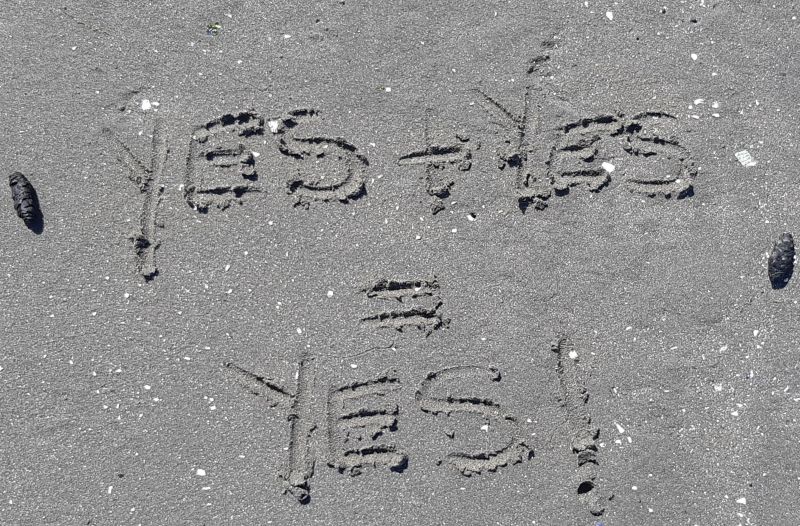
As part of our training offerings, we support facilitators and educators to identify the qualities necessary to practice consent in their youth programming or classroom and to develop the skills to apply consent practice into their day-to-day activities and classroom/program culture. Get more information about our programs and let us know if you’re interested in our next offering.
 Kate Nash has been working with The Circle since 2010. She has developed, nurtured, and grown the Pass It On program into a successful project that has touched the lives of over 200 youth from Grades 8 to 12 since its beginning. She has facilitated many of The Circle’s programs and helped develop its curricula to better meet the needs of youth. With the help of the youth team in 2010, she created the annual Pass It On fundraiser, Sparkfest. Kate has gotten to know may of the island’s youth by teaching theatre, play building, and improv for a decade. Empowering youth to share though all mediums is her passion and is what motivates her in her work. Kate lives in an old school bus with her three amazing children and gorgeous husband on a farm with many animals.
Kate Nash has been working with The Circle since 2010. She has developed, nurtured, and grown the Pass It On program into a successful project that has touched the lives of over 200 youth from Grades 8 to 12 since its beginning. She has facilitated many of The Circle’s programs and helped develop its curricula to better meet the needs of youth. With the help of the youth team in 2010, she created the annual Pass It On fundraiser, Sparkfest. Kate has gotten to know may of the island’s youth by teaching theatre, play building, and improv for a decade. Empowering youth to share though all mediums is her passion and is what motivates her in her work. Kate lives in an old school bus with her three amazing children and gorgeous husband on a farm with many animals.

